Australia’s sunscreen controversy is escalating, with 18 products already removed from stores amid safety concerns in the skin cancer hotspot.
A June analysis by a consumer advocacy group found that several popular and expensive sunscreens failed to deliver the SPF protection claimed by their makers. For example, Ultra Violette’s Lean Screen Skinscreen, marketed as SPF 50+, tested at just SPF 4 and was voluntarily recalled in August.
The Therapeutic Goods Administration (TGA), Australia’s medicines regulator, has now flagged 20 more sunscreens from other brands using the same base formula, citing “significant concerns” about a testing laboratory. Preliminary tests suggest the base formulation is unlikely to have an SPF higher than 21, with some products potentially as low as SPF 4.
Of the 21 products named by the TGA, eight have been recalled or had manufacturing halted, 10 have sales paused, and two are under review. One product is made in Australia but not sold domestically.
Australia, which has the world’s highest skin cancer rates—two in three Australians are expected to have at least one cut in their lifetime has strict sunscreen regulations. The scandal has sparked public outrage and raised concerns about potential global effects, with issues noted in both production processes and laboratory SPF testing.
Wild Child Laboratories Pty Ltd, the manufacturer of the base formula, has stopped production. CEO Tom Curnow said no manufacturing issues were found at their facility, describing the testing discrepancies as “an industry-wide issue.”
The TGA has expressed concerns about SPF testing by Princeton Consumer Research Corp (PCR Corp), a US lab relied upon by many companies using the base formula. Wild Child has since ceased working with PCR and submitted formulas to independent, accredited labs.
PCR Corp responded to the BBC via email, stating that external factors batch differences, raw materials, packaging, storage, product age, and handling could explain SPF discrepancies. They emphasized that lab testing is only one part of broader quality control, which includes manufacturing oversight, stability programs, and post-market monitoring.
PCR Corp stressed that its data only applies to the samples they tested and cannot be assumed to represent products manufactured or sold later.




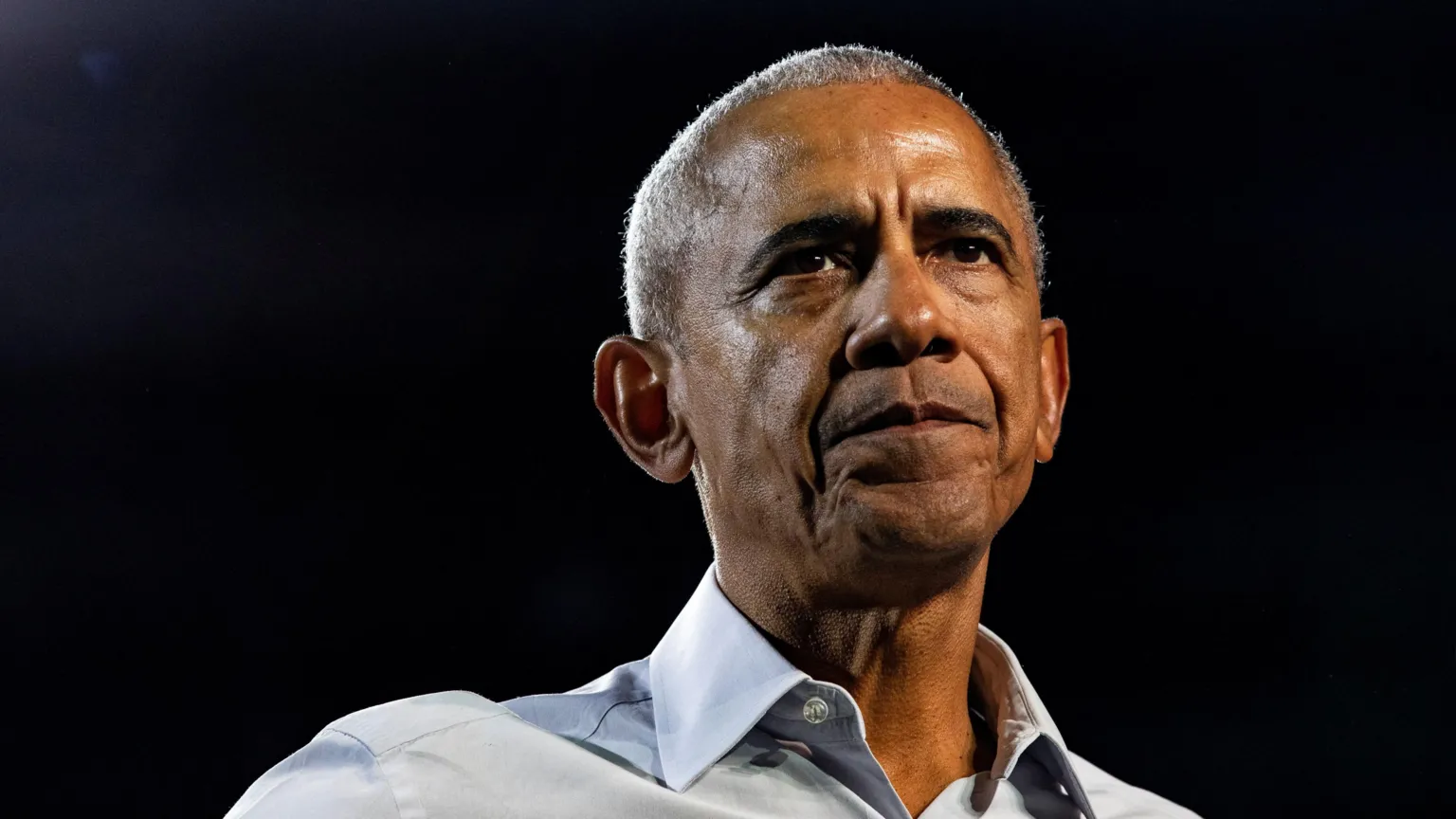


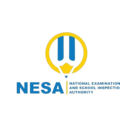
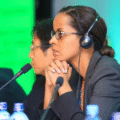


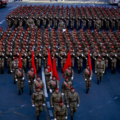


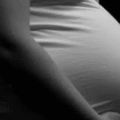


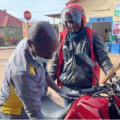


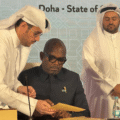

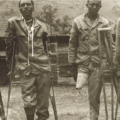


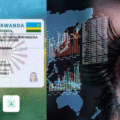
This made me rethink some of my assumptions. Really valuable post.
You’ve sparked my interest in this topic.
This helped clarify a lot of questions I had.
Such a refreshing take on a common topic.
You’ve built a lot of trust through your consistency.
I appreciate how genuine your writing feels. Thanks for sharing.